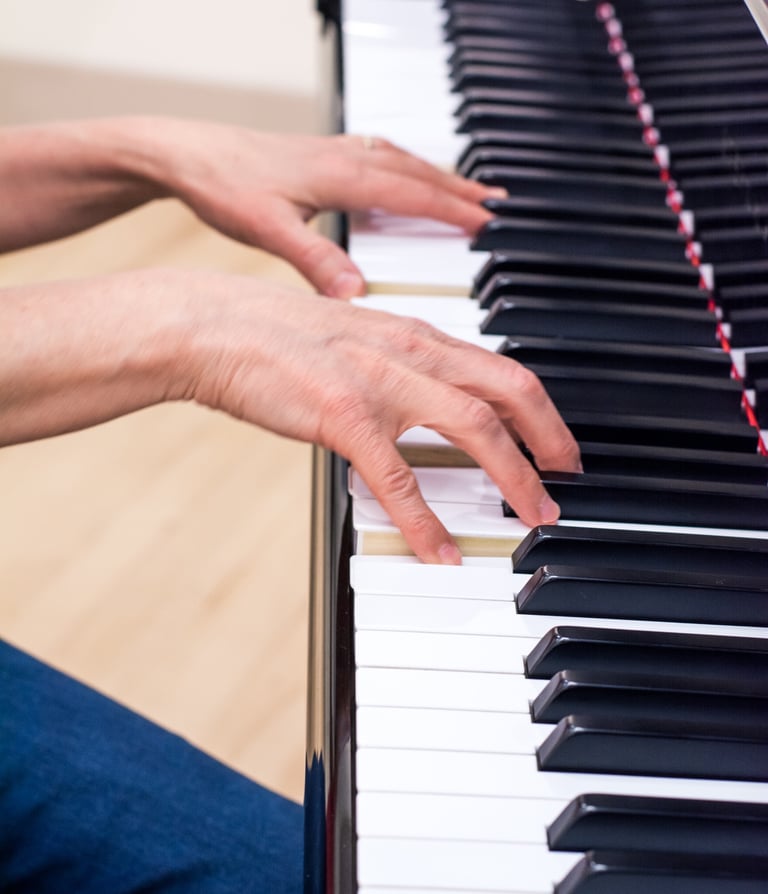ADULTS WELCOME


Whether you played the piano as a child and wish you hadn't quit,
or you just always wanted the chance to learn,
now is a great time to work towards that dream!
Call or text today!
801-971-5349
CONTACT US
Questions? Don't hesitate to let us help you with your questions and concerns.
